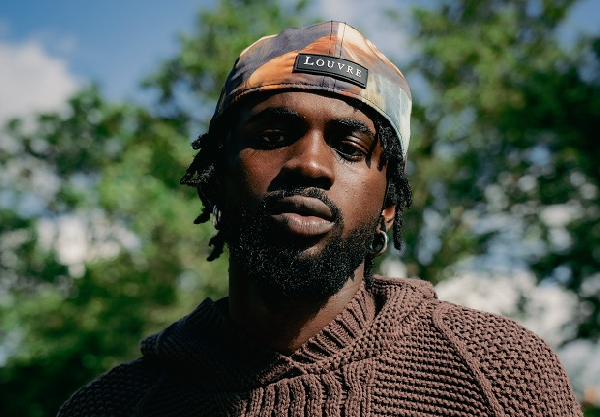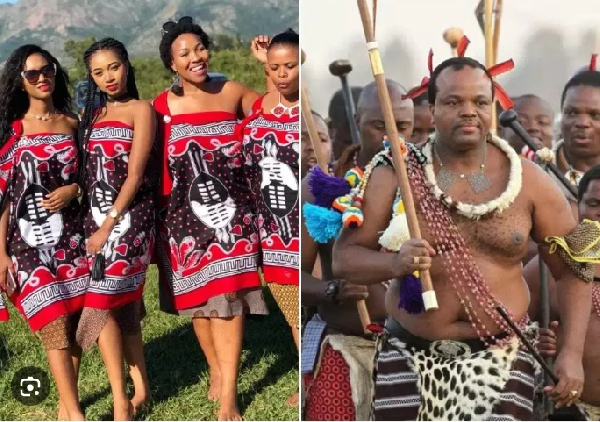Professional critique of Emmanuel Solate's article, 'Igbo-Ora, The Home of Twins in Nigeria'
Emmanuel Solate’s article “Igbo-Ora, The Home of Twins in Nigeria” is an outstanding example of culturally grounded creative nonfiction that skillfully blends ethnographic depth, historical analysis, oral traditions, and lyrical storytelling. As a piece intended for global audiences, it transcends simple reportage, positioning Solate as a powerful cultural voice with the ability to bridge anthropology, literature, and journalism—hallmarks of globally recognised creative talent.
The article reveals a disciplined research methodology, referencing both scientific literature and oral history. Solate’s engagement with primary and secondary sources—like the Omonkhua et al. (2020) study on dizygotic twinning and Chappel (1974) on Yoruba twin cults—demonstrates not only academic rigour but also an ability to synthesise scientific inquiry with lived cultural realities. This dual approach is rare among creative writers and strengthens the case for Solate as a writer of global intellectual and artistic significance.
Solate’s evocative portrayal of Oriki Ibeji (praise poetry), religious customs, and ceremonial details such as the Ere Ibeji sculpture tradition reveals a mastery of cultural storytelling. The integration of indigenous voice and local cosmology with a global literary lens elevates this work into a unique genre of cultural narrative nonfiction that few writers attempt with such authenticity and poetic cadence.
Notably, the Oriki section is delivered with both reverence and flair, preserving linguistic texture while making it accessible to an international audience—a rare feat that adds literary and ethnopoetic value.
The article not only documents but also promotes cultural heritage with a global lens. Solate smartly ties the subject to tourism development, community identity, and diaspora reconnection, making the article relevant to both cultural policymakers and international cultural consumers. The coverage of the 2023 World Twins Festival and its government patronage aligns Solate’s work with national branding, a key attribute of a Global Talent Ambassador in Arts & Culture.
The seamless incorporation of vivid photographs enhances the article’s storytelling power. While not the photographer himself, Solate understands the role of visual storytelling, crediting images and placing them purposefully to complement narrative beats. This awareness of multimodal narrative structure reflects his adaptability in a cross-media publishing environment, essential for modern global creatives.
Solate’s voice is confident, respectful, and celebratory, qualities essential in heritage-based writing. His prose is accessible yet refined, laced with poetic rhythm and cultural nuance. The clarity of his narrative structure, introduction, history, scientific explanation, cultural significance, and conclusion demonstrates his command of long-form nonfiction writing for a global readership.
This article alone positions Emmanuel Solate as a cultural custodian and creative interpreter, a writer whose work enriches global understanding of Yoruba heritage and the anthropological marvel that is Igbo-Ora. It demonstrates:
Cultural impact through storytelling
Evidence of recognition and media interest (given the festival coverage)
A clear track record of original contribution to African arts and intangible heritage
International appeal with tourism, heritage, and academic value
“Igbo-Ora, The Home of Twins in Nigeria” is more than an article—it is a living archive, a lyrical documentary, and a cultural bridge. Emmanuel Solate exhibits the profile of a creative writer worthy of global platforms, literary fellowships, and cultural ambassadorship.













